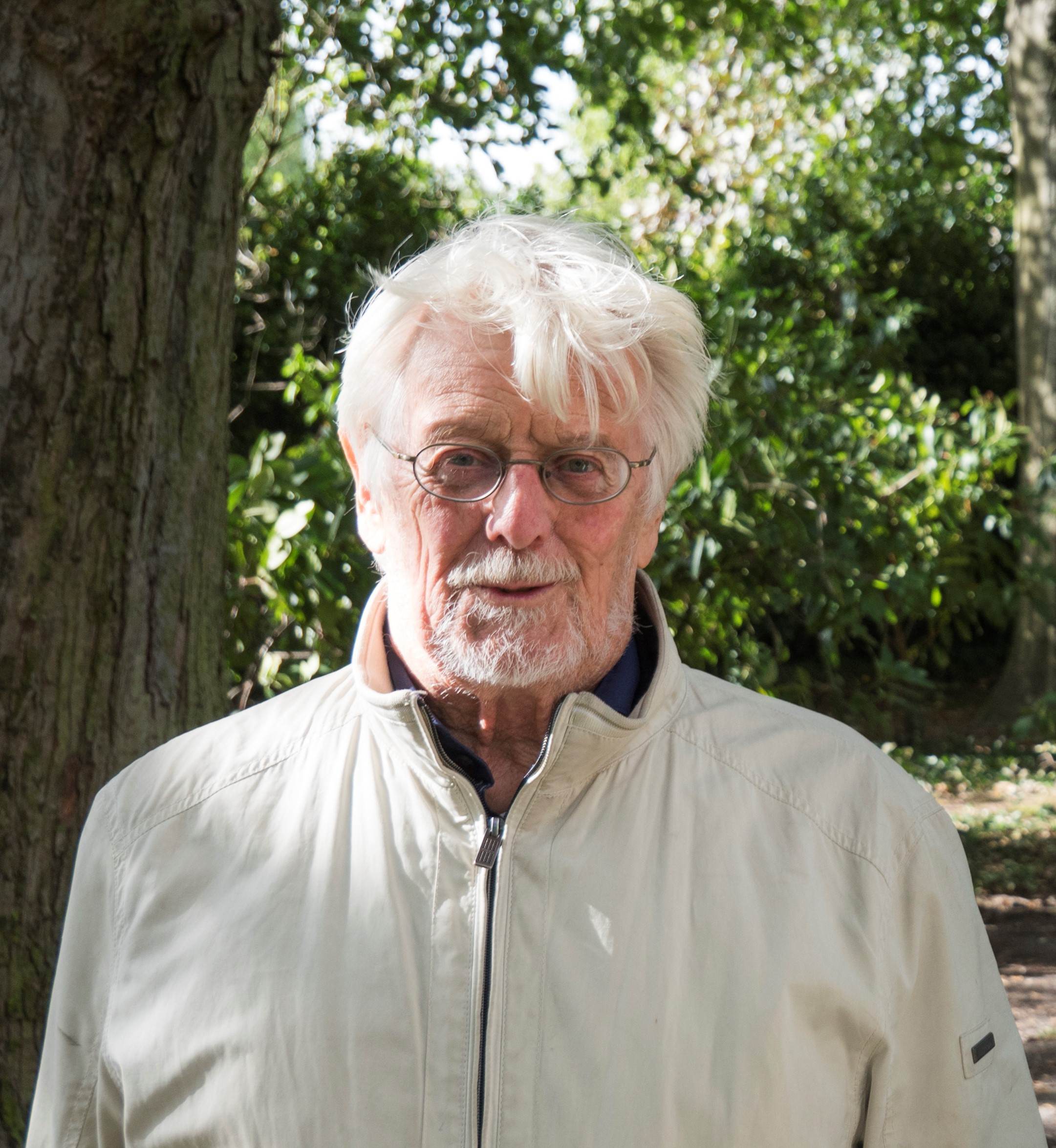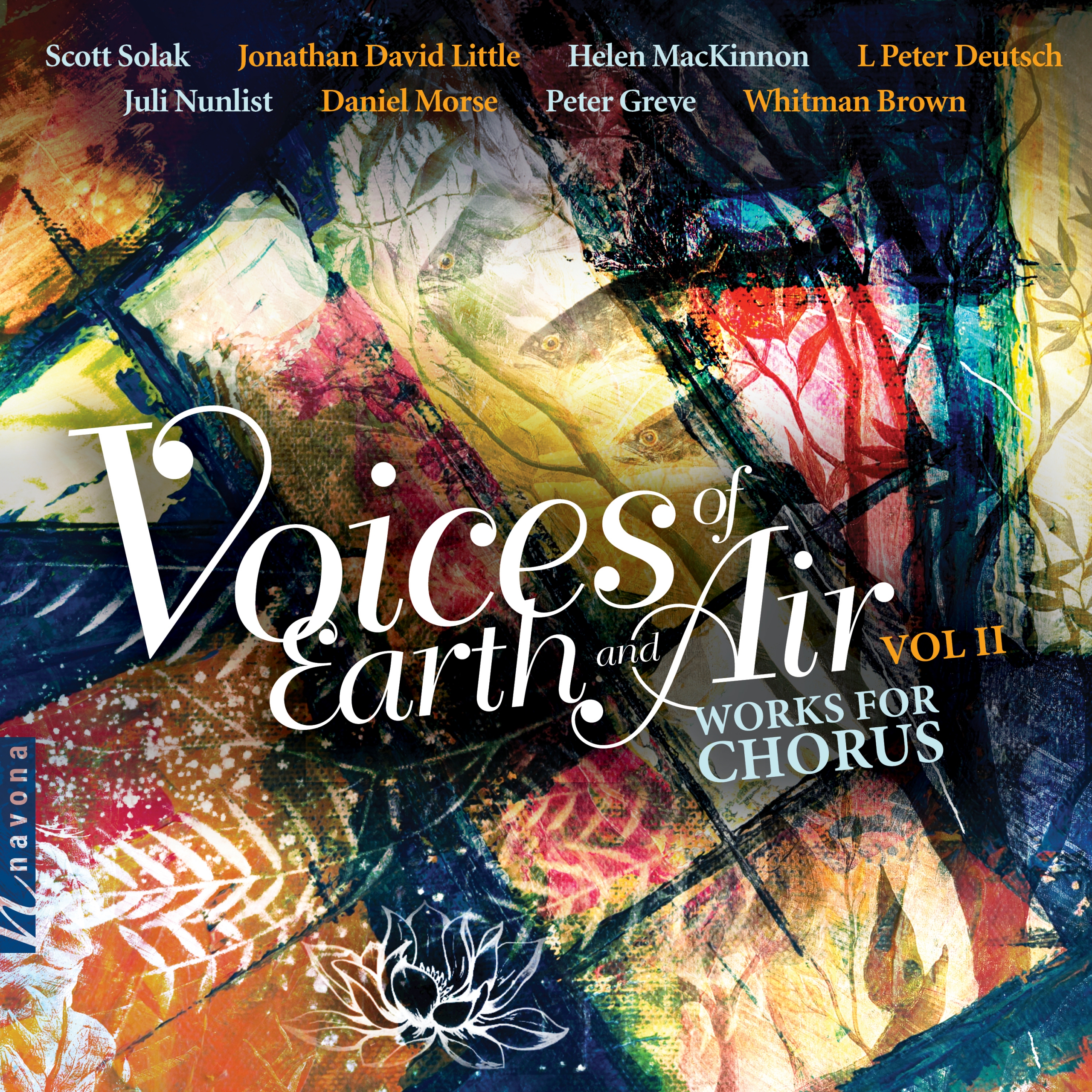Peter Greve was born in 1931 in The Hague (Netherlands). He received musical training in The Hague while also studying at the State University of Leiden (Netherlands), where he obtained M.Sc. (1957) and Ph.D. (1959) degrees in chemistry.
After his studies, he worked as a scientific researcher for Philips-Duphar Pharmaceutical Industry and for the Dutch Ministry of Public Health and Environmental Hygiene, but remained active in music on a part-time basis. From 1981 to 2002, he worked as a consultant for various national and international organizations in East Asia, Eastern Europe, Central America, and Arab countries. Since his retirement in 2002, he has been fulfilling a wish felt since his early youth: working as a full-time musician. A composer, arranger, conductor, and pianist, Peter is a member of the Society of Dutch Composers and of BUMA/Stemra.
Today, Peter is our featured artist in “The Inside Story,” a blog series exploring the inner workings and personalities of our artists. Read on to learn Peter’s eight pieces of advice for young composers…
What inspires you to write?
Generally: the process of bringing the sounds I hear in my subconscious to concrete notes on paper and refining them until they best represent the message I want to share with my fellow human beings.
More specifically: the wish to be a good craftsman who delivers clear, well-playable, and well-sounding scores to my performing friends.
Do you have any specific hopes about what this album will mean to listeners?
The text in the accompanying booklet on the album which states “Even when a common language is not shared…” very well expresses my hopes regarding this album. The contributing composers all have different personalities and hence write different music: the VOICES OF EARTH & AIR series is a statement in favor of diversity and openness of mind towards other people and cultures and against conformism and formalism.
In my piece, I was brief and aspecific, leaving room for the listener to develop his or her own thoughts and feelings on the subject matter. It was not my intention to write an easily pleasing score (nor did the commissioners of the piece ask for it).
How have your influences changed as you grow as a composer?
During my growing process as a composer (which, in fact, never stops), I involved myself in a wide variety of areas and genres in order to expose myself to as many useful influences as possible.
Thus, regarding ensembles, I wrote works for small and large symphonic orchestras, wind ensembles, choirs with orchestral, pianoduet, and organ accompaniment, electronic devices, piano solo and duet, carillon, and smaller chamber music ensembles, some with narrator.
Regarding styles, I absorbed elements from the late Italian Renaissance (Gabrieli), French Impressionism (Debussy, Ravel), early 20th-century French music (Poulenc, Messiaen), Second Viennese School Expressionism (Schoenberg, Berg), Eastern European folk-inspired music (Bartók, Janáček, Prokofiev), and early 20th-century Dutch music (Pijper, Orthel). In doing so, I wanted to give my music a link to the past, rather than to let it fall “out of the sky”: originality shall be found in the realization of the piece, not in its “never-heard-before” quality. In this sense, “originality” comes very near to “authenticity,” or “being yourself.”
If you could collaborate with anyone, who would it be?
In a good number of my works, visual elements play a role in the sense that, while writing, I had pictures or forms in mind but lacked the talents to materialize them visually. So I was lucky to meet the young, talented Dutch visual artist Rik van Linden van den Heuvell who understood what I had in mind and together we created a number of audio-visual productions on DVD, among which are “The Palace of the Dreamking,” “Arctic Saga,” and “Coming home.”
This fruitful cooperation prompted a wish in me to extend my visual interests to a dance-like production, e.g. a ballet, but I do not have a concrete person in mind as a co-producer (if anybody feels like responding, my e-mail address is: pagreve@outlook.com).
Where and when are you at your most creative?
To be creative, I need isolation, rest, and a harmonious ambiance. Nature has often inspired me, especially its eternal interplay of order and chaos (in physical terms: energy and entropy).
A good time to listen to one’s internal musical sources is the period of half-sleep, but one must go critically through the harvest of each night: not all nocturnal inspirations can stand daylight.
Who are your musical mentors?
I had many good musical mentors, but two were instrumental for my early development as a musician: my main piano teacher Léon Orthel (1905-1985) and the Dutch composer Willem Pijper (1894-1947).
Léon Orthel was my piano teacher for 6 years (I was age 16-22 then). He taught me more than just piano — he led me into impressionistic French music and from there into 20th-century music in general. He was a fine composer, but was modest by nature and did not put himself on the foreground at the expense of others. He considered Willem Pijper to be the most important Dutch composer of his generation and coached me through a good part of Pijper’s piano works.
I admired Pijper’s intelligent economy of his musical material, his original use of harmonies, and his subdued yet fierce emotionality. I consider him to be my first teacher in composition, although I never met him in person — he died before I had enough basic skills to present myself to him as a possible pupil. His works, however, became an ever present part of my musical compass. Recently I wrote a Sonatina for pianosolo in Willem Pijper’s spirit, commemorating his 125th birthday.
What advice do you have for young composers?
- Search for your authentic self and let it permeate into your notes
- Be your own most critical listener and nudge your notes until you are sure they stand on the right place, horizontally (in the phrase) and vertically (in the chord)
- Be an “eternal student”: keep your ears and eyes open to what happened and happens in the musical world, now and in the past, nearby and far away; adopt what you think you can use and don’t be shy to tell you did
- Listen to the opinion of knowledgeable people whom you trust and esteem for their integrity, but:
- Don’t try to please everybody, because if you do, you will eventually please nobody, including yourself
- Be loyal to your colleagues: don’t criticize them in their absence and respect the fact that they may have other artistic priorities than you
- Stand your ground but be modest in the propagation of your work: overexposure easily leads to irritation. Building up a positive reputation is a slow process which shall follow its natural course
- Always remember the 3 basic rules of the musical society:
– composers are free to write what they want
– performers are free to perform what they want
– listeners are free to think what they want about your work
Explore Peter’s Latest Release
VOICES OF EARTH & AIR, VOL. II
VOICES OF EARTH & AIR, VOL. II is available now from Navona Records. Click here to visit the catalog page and explore this album.




